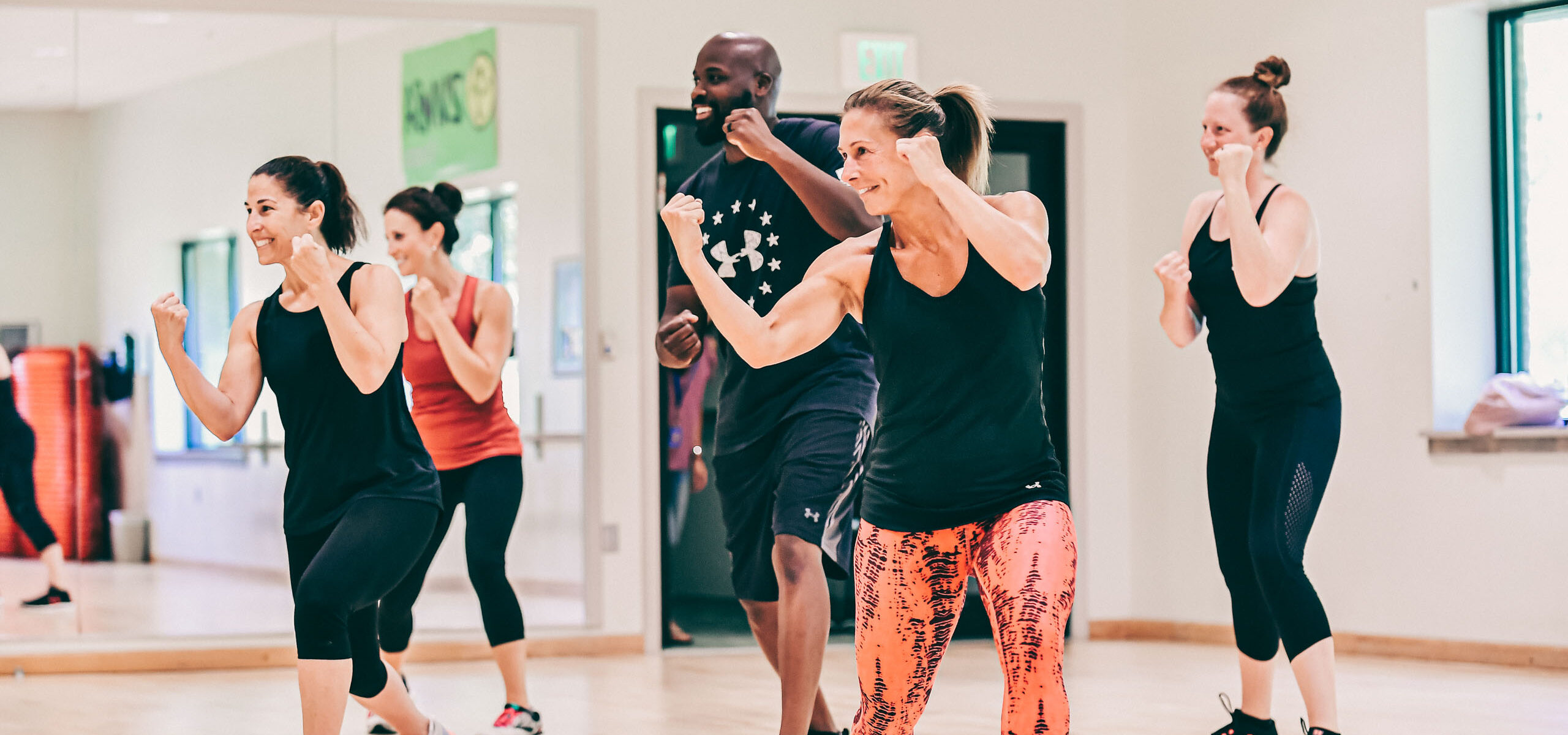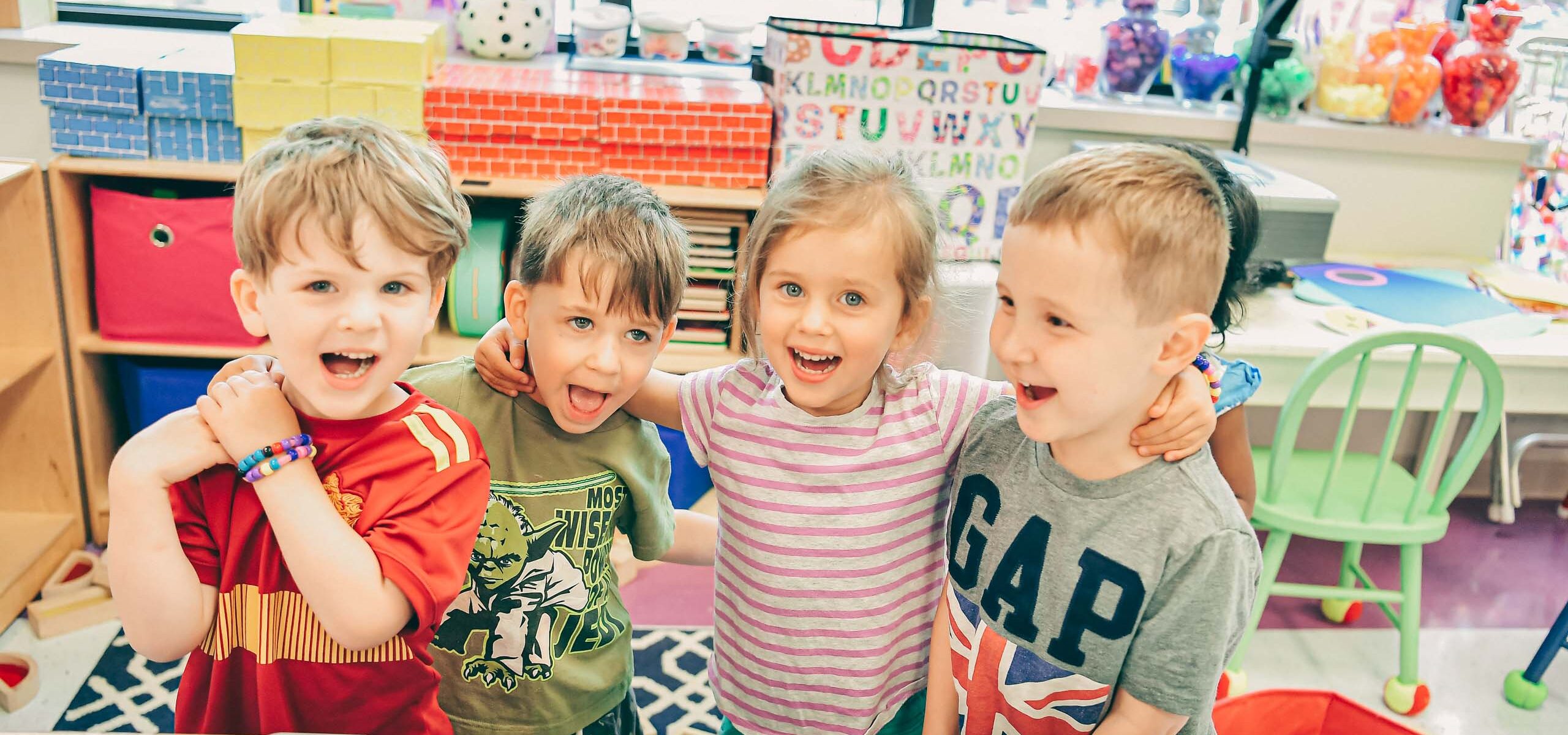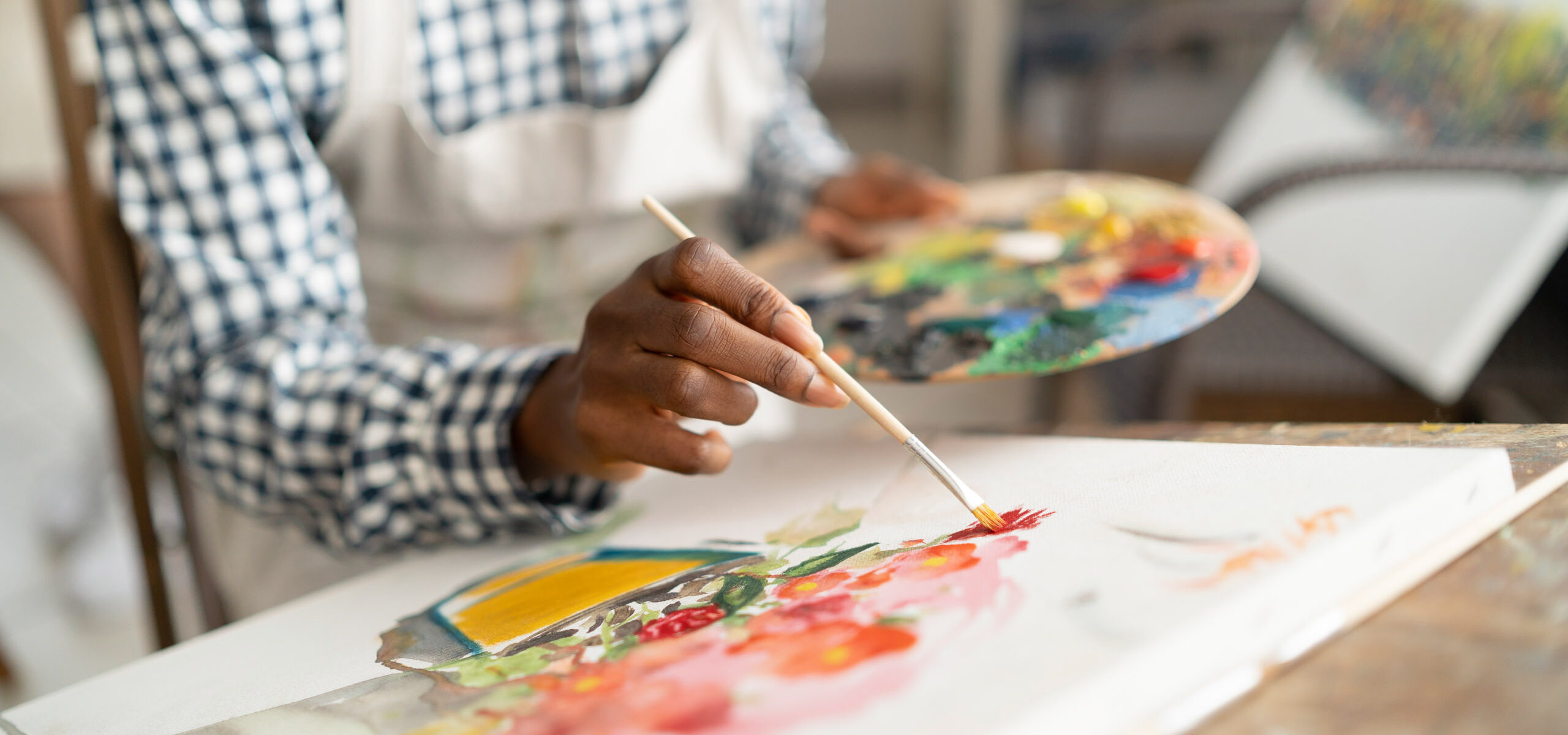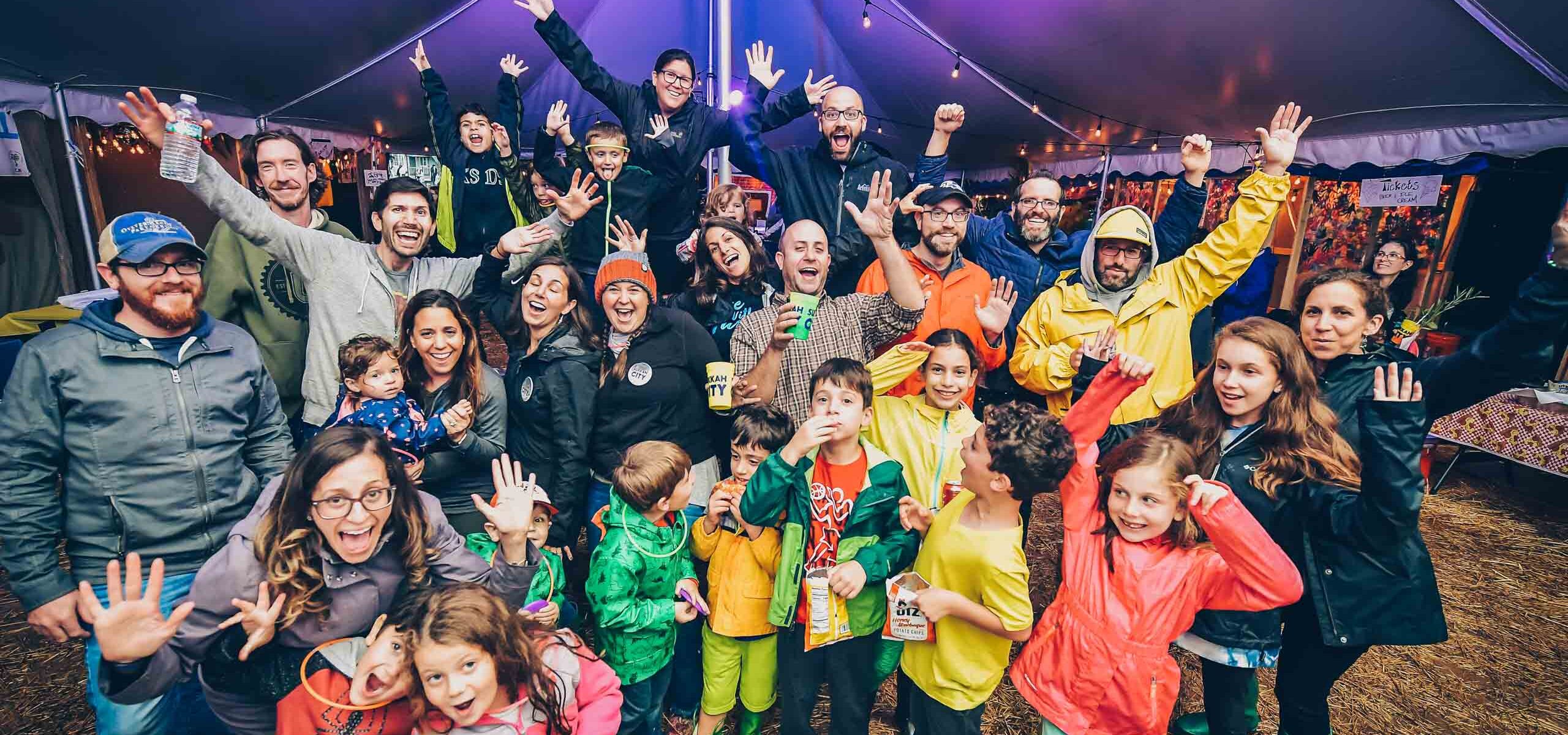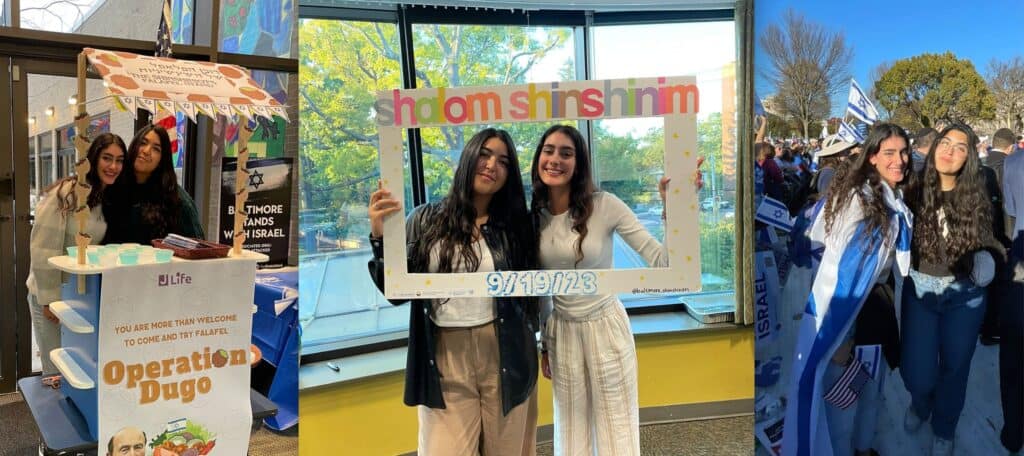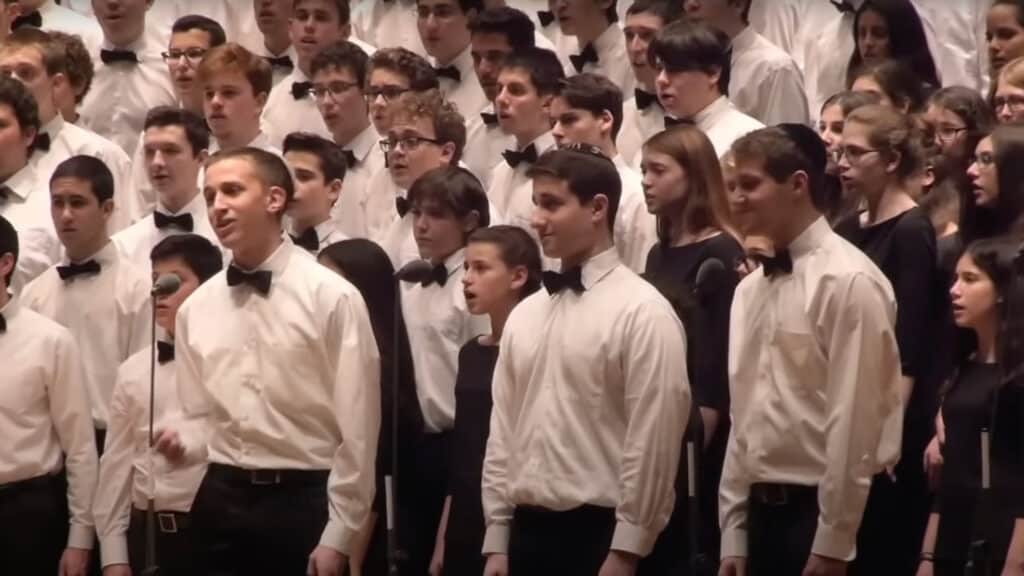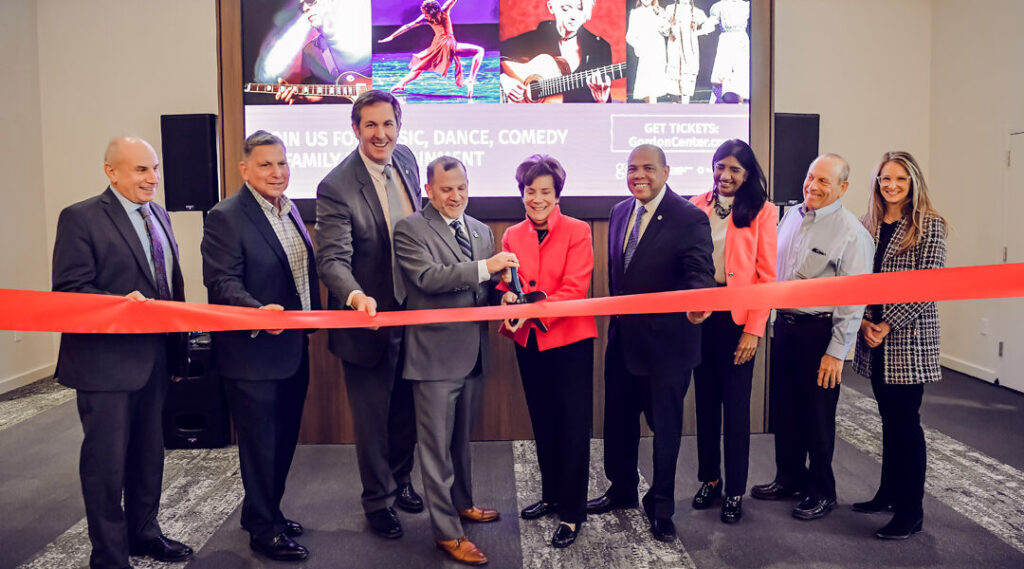Meet Michael Feinstein
Michael Feinstein headlines J Live at the Gordon April 8
When Michael Feinstein moved to California at the age of 20, he went to a psychic to receive some life’s direction. A waiter at a piano bar where he was playing had suggested he do so.
“I had never been to a psychic,” he says, “And I figured $25, what the heck?”
The psychic told him that in the future he’d be singing music and be known as much for the way he “set up” songs, in addition to the way he’d be singing them. That’s exactly what Feinstein is doing today.
Feinstein’s breakthrough performance came together in the spring of 1985 when, by default, he was offered a gig at San Francisco’s Plush Room, a venue for jazz and cabaret artists.
“Someone fell out and they needed someone to do a show,” Feinstein recalls. This was the first time he did a show where the audience was focused on listening, a contrast from performing at piano bars, where crowds enjoy drinking and talking.
At The Plush Room that night, Feinstein started talking about the songs he performed as he sang them. “Everything clicked,” he recalls. The show received rave reviews in the San Francisco Chronicle and “Things really started to shift. It was an amazing feeling because it was completely unexpected.”
Ira Gershwin, who Feinstein worked for as an assistant for six years, had died two years earlier in August 1983. “I was just playing piano and trying to figure out what to do next, and suddenly I had a bona fide career as an entertainer. I loved to be able to play music for a living, I felt lucky.”
In addition to performing, Feinstein is the founder of the Great American Songbook Foundation, dedicated to celebrating the art form and preserving it through educational programs, Master Classes, and the High School Songbook Academy.
The idea for the Great American Songbook Foundation came to Feinstein one day when he was sitting in the basement of his home thinking, “What am I going to do preserve and propagate this [music form]? I started thinking in terms of a physical place for artifacts, of ways to educate young people, to keep the music going, to keep it fresh and alive. It was a conflagration of ideas that came together 10 years ago.”
From recordings that have earned him five Grammy Award nominations to his Emmy nominated PBS-TV specials, his acclaimed NPR series and concerts at iconic venues including The White House, Buckingham Palace, Hollywood Bowl, and Carnegie Hall, Feinstein’s work as an educator and archivist has defined him as one of the most important musical forces of our time.
Today, Feinstein feels most happy about finding a certain level of peace in life, of not feeling the “dogs nipping at my heels like I haven’t done enough.”
Of the many accolades and awards he has garnered over the years, he says “Awards are wonderful in the moment, but it is the quality of life that’s most important.”
“I think that the experience of relaxing more in life has improved my art. To be able to breathe and let things unfold without trying to push things. My ability to interpret music has grown by not trying so hard and allowing inspiration to come through in a natural way.”
He continues, philosophically: “I want to continue to find ways to help people to have a better life. Music is a means of connecting with people, connecting with the soul to hopefully bring people together… the inherent power of music is inestimable in what it can bring to our society these days.”
Feinstein asserts that because there is so much turmoil and conflict he would like to continue to find ways to help people be happy “in a time when everything seems like it’s falling apart.”
“I listen to a lot of vintage recordings and radio material. If you listen to a lot of recordings from the 1950’s, news, people talking, there is the same sort of feeling of desperation and worry about the Cold War and nuclear threats. There has always been this unrest in our society and in the world.”
“For me, my inner path, finding a spiritual center, has given me desire to, through my art, to help people to find that in whatever that means to them.”
Join the J Monday, April 8 for J Live at the Gordon with Michael Feinstein, a very rare, very special treat.
Feinstein is looking forward to it, the “live–in-the-moment connection with the audience,” he relishes, the “combined energy that creates something fresh and mysterious.”
“It’s an evolution, and I feel like I am still evolving musically. The live experience is how that happens for me…. the evolution of a shared experience.”
